 Change is a fact of life. Don’t resist it; thrive in it!
Change is a fact of life. Don’t resist it; thrive in it!
In these days of takeovers and mergers, of downsizing operations and multiple rightsizings, chances are you’re going to be caught up in some form of major workplace change at least once in your career. Probably several times!
Whether it’s a new job or a new boss or a new direction, the best career survival strategy is to respond effectively to these four stages of workplace change.
Stage 1. Something’s Up: What To Do Before The Change
If you’re lucky, you’ll have some advance warning and time to prepare. But most of the time, you just have an uneasy feeling. There might be lots of hushed conversations or closed-door meetings. Top management might seem especially busy and inaccessible. Or the rumor mill is running high.
This is not the time to stay buried behind your desk or in your office hoping everything will be OK. Rather get out there, keep informed and start thinking about your options for riding the waves of change.
Stage 2: Getting Acquainted: The First Couple of Months
In the first weeks of the transition, take extra care to be visible, productive and open to change. This is not a good time to go on vacation for two weeks. Ask yourself: Is there still career opportunity here or should I now begin looking elsewhere more earnestly? You need to decide to put your energy into making a go of it or starting to let go.
If you have a new boss, ask for a meeting to discuss your background, to provide an update on your projects and to find out about the new priorities for your team, department or division. If it’s a restructuring, understand the reasons behind it. What is the company dealing with now, that it wasn’t dealing with in the past? What goals is it trying to accomplish in the reorganization? In what way can you contribute to these new goals?
Career Success Tip
It’s time to get off the fence. It’s time to make a decision and take action. Are you going to hang on and ride out the storm; or hunt for opportunities in other areas in the company; or start looking for a new position somewhere else? Whatever you decide, do it with commitment.
The next post will focus on Stage 3: settling in and Stage 4: a year after. Learn additional career survival strategies.
Do you know what YOU do today will directly influence your career in 3, 5 or 10 years?
- For more resources, see the Library topic Career Management.
- Start right now to be a Career Builder!
- Take charge of your future with the Career Success System.
- Get performance and career boosters in the Smart Moves Blog.
- Copyright © 2011 Marcia Zidle career strategist and leadership coach.


